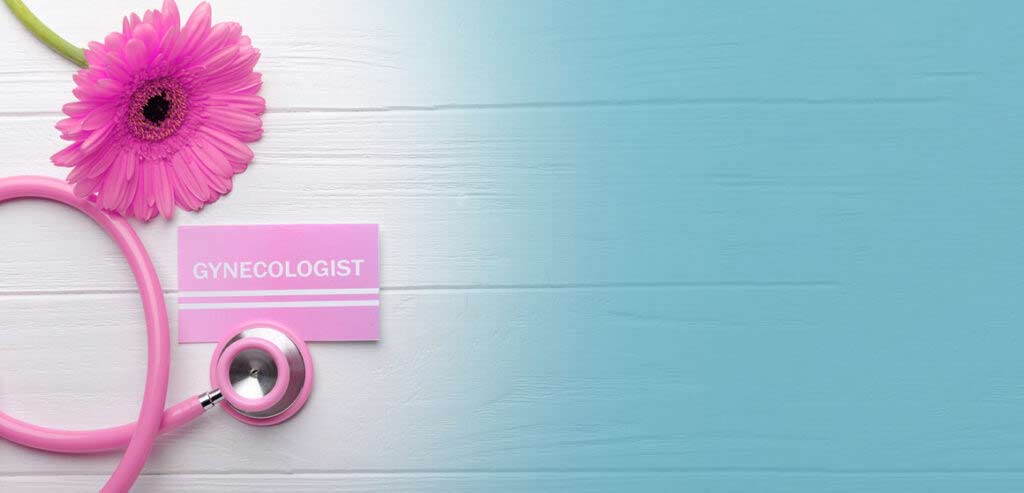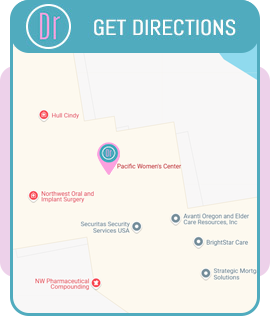How Aging Affects Fertility and Pregnancy?
Pacific Women’s Center provides comprehensive insights into how aging affects fertility and pregnancy. Understanding the implications of advanced maternal age is crucial for reproductive health. Dr. Richard Beyerlein MD, CPI, FACOG, and Tamara A. Stenshoel, MD, FACOG offer specialized services to address your unique concerns and guide you through your options. For more information, contact us or schedule an appointment online. We are conveniently located at 911 Country Club Rd. Suite 222, Eugene, OR 97401.


Table of Contents:
How does old age affect pregnancy?
Does age really affect fertility?
At what age does fertility begin to decrease?
What is the best age for women to have a baby?
What age are men most fertile?
Women who conceive after the age of 35 may face unique health considerations. This stage, known as advanced maternal age, can significantly impact a woman’s health and the well-being of the unborn baby.
Physiological Changes
With advanced maternal age, women may experience several physiological changes:
● Diminished Ovarian Reserve: The functionality of the ovaries gradually decreases with age, leading to a decline in egg production, increased risk of infertility, and making conception more challenging.
● Uterine Changes: Aging can cause the uterus to become less elastic, possibly affecting optimal embryo implantation and growth. The risk of uterine health conditions like fibroids and adenomyosis also increases with age.
● Placental Function: Changes in placental structure and function can occur, potentially affecting nutrient and oxygen transport to the fetus.
Pregnancy-Related Risks
Pregnancies in women of advanced maternal age can have increased risks:
● Miscarriage: The risk of miscarriage, especially during the first trimester, tends to be higher due to increased chromosomal abnormalities that are more prevalent with advancing maternal age.
● Gestational Diabetes and Preeclampsia: Women of advanced age are at an elevated risk for gestational diabetes and hypertension, which can lead to serious complications like preeclampsia, potentially resulting in premature delivery.
● Placental Abruption: Older mothers have a greater likelihood of experiencing placental abruption, where the placenta detaches from the uterine wall too early.
● Low Birth Weight and Birth Defects: Babies born to older mothers may face a higher risk of being underweight, born prematurely, or having genetic disorders, such as Down syndrome.
Childbirth Considerations
Older women may have longer and more difficult labor due to uterine rigidity and cervical changes. They also have a higher risk of requiring a cesarean section, or a surgical delivery. Moreover, postpartum recovery can be more challenging for older women due to physical and hormonal changes.
A woman’s age significantly impacts her fertility. As women age, their fertility naturally declines due to various factors, including a decrease in both the quantity and quality of eggs.
In our practice, we know that age is not the only factor impacting fertility. Health conditions like PCOS and endometriosis, weight, and lifestyle habits can also significantly affect fertility.
If fertility is a concern for you, we encourage you to reach out to us. our professionals has years of experience in reproductive endocrinology and infertility. He can walk you through the process, provide you with tailored counsel, and help you comprehend your alternatives.
For women, fertility typically begins around puberty and peaks during the early 20s. It experiences a gradual decline starting around the age of 30, with a significant decrease after the age of 35. After 40, the decline is even more pronounced, largely due to the decrease in the number and quality of eggs in the ovaries. Menopause, the end of fertility, typically occurs between the ages of 45 and 55.
For men, fertility also begins during puberty and remains relatively stable until the mid-20s. A progressive drop occurs after the turn of 30, but it happens more slowly than in women. However, as people age, their both quantity and quality of sperm may decline, with the quality of sperm declining noticeably after they reach the age of 40. It’s important to note that while men can father children even in their 50s and beyond, the chances of conception and live birth decrease with age.
Several factors can influence fertility decline, including genetic predisposition, exposure to environmental toxins, underlying health conditions like diabetes and thyroid disorders, and lifestyle choices like poor nutrition, excessive alcohol consumption, and lack of exercise.
As part of the comprehensive women’s healthcare services offered by Dr. Richard Beyerlein MD, CPI, FACOG, and Tamara A. Stenshoel, MD, FACOG understanding the best age for a woman to have a baby is a critical consultation topic. The decision involves considering several factors, such as fertility, health risks, readiness, and lifestyle.
In their 20s, women are biologically most fertile, boasting the highest chances of easy conception and a healthy pregnancy. This fertility is attributed to the ovarian reserve, which represents the number and quality of eggs in a woman’s ovaries. That reserve gradually decreases with age, experiencing a significant drop after 35. The uterus is also most receptive and resilient in women between 20 and 35, providing an optimal environment for pregnancy.
Despite these biological facts, fertility isn’t the only factor to consider. Pregnancy at various ages carries substantial health hazards as well. Preterm deliveries and low birth weight babies are more common in younger women, particularly those in their teens. Women over 35, however, are at a higher risk of complications such as gestational diabetes, high blood pressure, placental abruption, premature birth, and complications during birth. Maternal age also significantly impacts the risk for genetic disorders, such as Down syndrome.
Personal readiness for baby-bearing is another crucial factor. This involves emotional, financial, and relationship stability. Some claim that since they have stable finances, supportive relationships, and a clear idea of their life goals, women in their 30s and 40s are better suited to manage the responsibilities of parenthood. Also, women often prioritize education and career goals in their early 20s and may postpone childbearing.
Pacific Women’s Center is experienced in managing pregnancies of all ages. They understand that, despite the risks, pregnancy after the age of 35 is possible with appropriate medical care. However, older women are more likely to have multiple births, which poses additional risks.
Couples should be aware that, unlike women whose fertility sharply declines after the age of 35, men can produce sperm and father children for a much longer period of their lives. However, while men remain capable of fathering children for a longer duration, the quality of their sperm and their overall fertility rate begin to decline with age.
Research suggests that the most fertile period for men is typically from their late teens to their early 30s. During this phase of life, men produce the highest quality sperm, both in terms of motility – the ability of the sperm to move efficiently towards the egg – and morphology – the size and shape of the sperm. The sperm count is also at its peak during these years, which naturally enhances the chances of successful fertilization.
However, once a man crosses the age of 40, there tends to be a gradual decrease in both the quality and quantity of sperm, which may impact the ability to achieve pregnancy. There is also a heightened risk of miscarriage and certain genetic abnormalities in offspring with advancing paternal age.
If you or someone you love is concerned about how aging affects fertility and pregnancy, visit Pacific Women’s Center today. Our compassionate and knowledgeable team specializes in addressing the unique challenges of advanced maternal age and can help guide you through your reproductive health options. Contact us to schedule an appointment, we look forward to assisting you! We are conveniently located at 911 Country Club Rd. Suite 222, Eugene, OR 97401. We serve patients from Eugene OR, Springfield OR, Coburg OR, Creswell OR, Cottage Grove OR, Lowell OR, and Junction City OR.

ADDITIONAL SERVICES YOU MAY NEED
❱ Abdominal Hysterectomy
❱ Bladder Lift Surgeon Q&A
❱ Cervical Cone Biopsy
❱ Colposcopy
❱ Endometrial Ablation
❱ Endometrial Biopsy
❱ Female Sexual Dysfunction
❱ Gynecological Surgery
❱ Gynecology
❱ Hormone Therapy
❱ Vaginal Hysterectomy
❱ Endometriosis Diagnosis & Care



